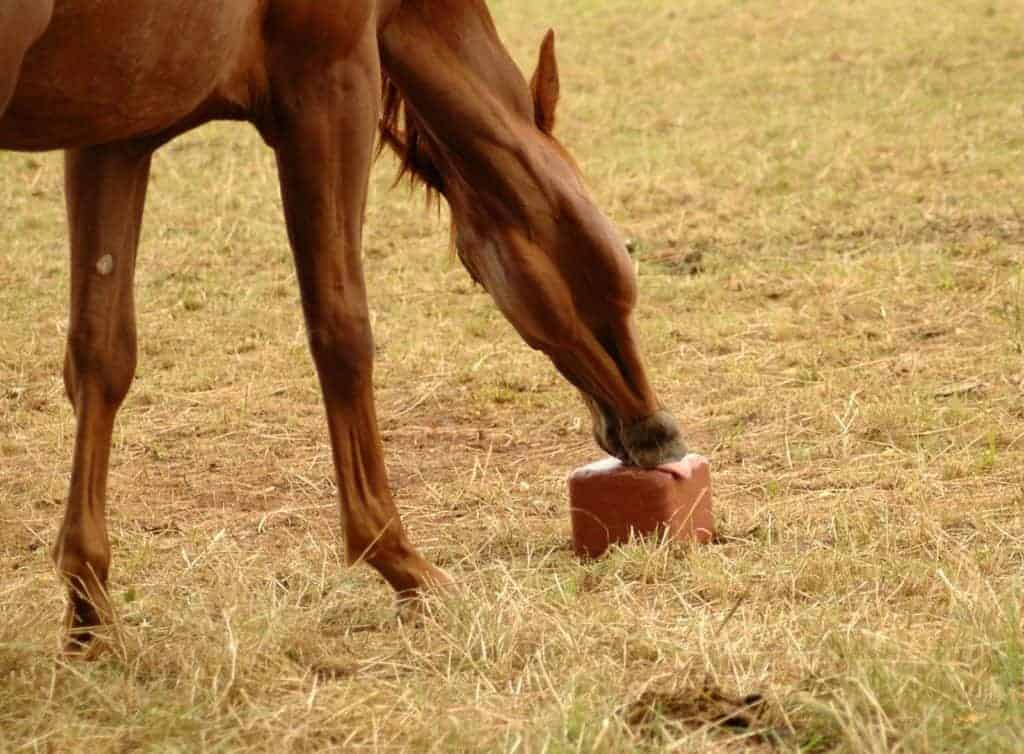
Do Hay Pellets Alone Provide Horses Enough Fiber?
Our nutritionist looks at whether all-pellet diets are good for horses.

Our nutritionist looks at whether all-pellet diets are good for horses.

Cobalt is required in very small amounts in the equine diet.

Learn more about these trace minerals that are vital to horse health.

My filly is licking and biting her salt block obsessively. Is it possible for her to eat too much salt?

While an average 1,100-pound adult horse at rest or lightly exercised requires only 400 milligrams per day, this mineral is important to bone and cartilage development.

Foals with a selenium deficiency are at risk of developing white muscle disease, which leads to skeletal and cardiac muscle abnormalities.

An equine nutritionist explains how to ensure your horse gets an appropriate amount of salt.

Molybdenum isn’t usually a topic of conversation, but this mineral is an important part of your horse’s diet.

In some areas, water sources can contain substantial amounts of Mn, which can affect dietary needs.

Iron plays a key role in oxygen transport and immune function in the horse.

Find out how iodine plays an important role in equine metabolism, growth and development, and overall health.

Pay special attention to the purpose statement, guaranteed analysis, ingredients, and directions for use.

A nutritionist looks at the relevant, if limited, research about pre- and probiotics in the equine diet.

This condition, caused by an unbalanced diet, can have serious musculoskeletal implications for affected horses.

Smith’s research is focused on determining the dietary requirement for the amino acid threonine in growing horses.

Growing horses require specific nutrients, vitamins, and minerals to aid in proper development.
Stay on top of the most recent Horse Health news with
"*" indicates required fields